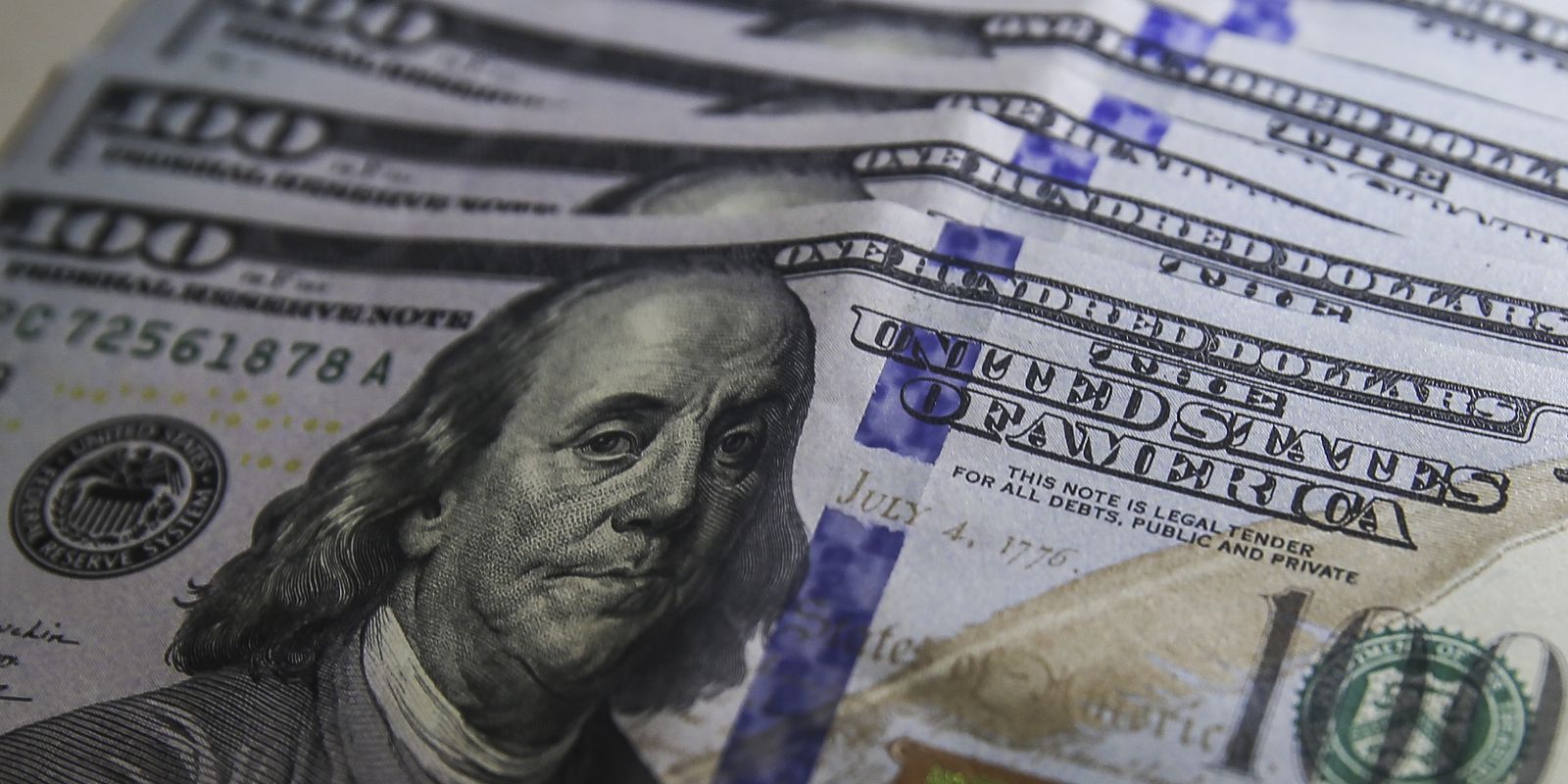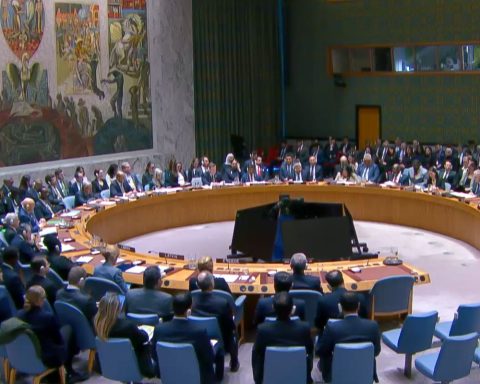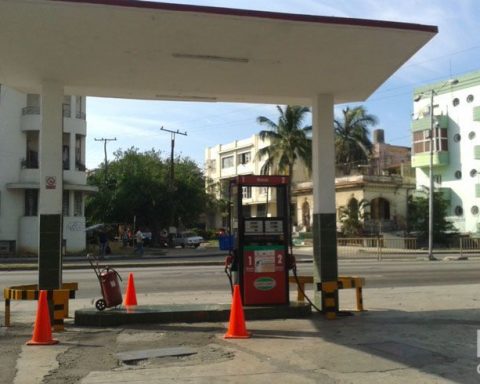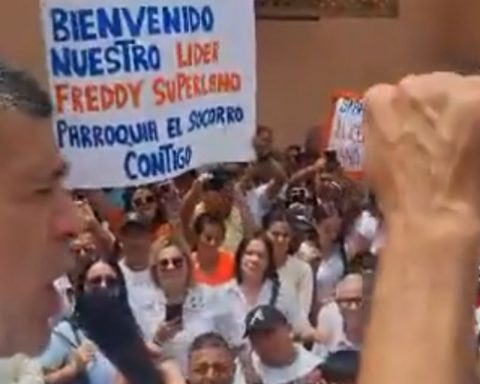The postponement of the Proposal for an Amendment to the Constitution (PEC) of the Transition and of the project that changes the Law of State-Owned Companies made part of the financial market go against the grain abroad. The dollar fell to less than R$5.30. The stock exchange, however, did not have the same peace of mind and closed at the lowest level in four months, pressured by US stock exchanges.
The commercial dollar ended this Friday (16) sold at R$ 5.294, down R$ 0.022 (-0.41%). The quotation operated in low for almost the entire session. At the low of the day, around 1:20 pm, it reached R$ 5.26.
With today’s performance, the US currency closed the week with 0.91% and accumulates a high of 1.77% in December. In 2022, the currency drops 5.06%.
The stock market had a more tumultuous day. The B3 Ibovespa index closed at 102,856 points, down 0.85%. The indicator is at the lowest level since August 1st. In addition to external pessimism, the Brazilian stock exchange was influenced by the actions of retailers, who retreated due to fears that the Selic rate (basic interest rate) will take time to start falling.
In the domestic market, the postponement of the vote on the Transition PEC to Tuesday (20) reduced tensions. If the proposal is not approved next week, President-elect Luiz Inácio Lula da Silva will have to edit a provisional measure with extraordinary credit (outside the spending ceiling) for Bolsa Família. Also today, the Senate informed that the project that makes the State-owned Law more flexible will only be discussed again next year.
On the international scene, the market had a turbulent day with the possibility that interest rates in the United States will remain high longer than expected. A regional head of the Federal Reserve (Fed, US Central Bank) said today she expects basic interest rates in the world’s largest economy to stay above 5% per year throughout 2023. capitals of emerging countries, such as Brazil.
* with information from Reuters

















